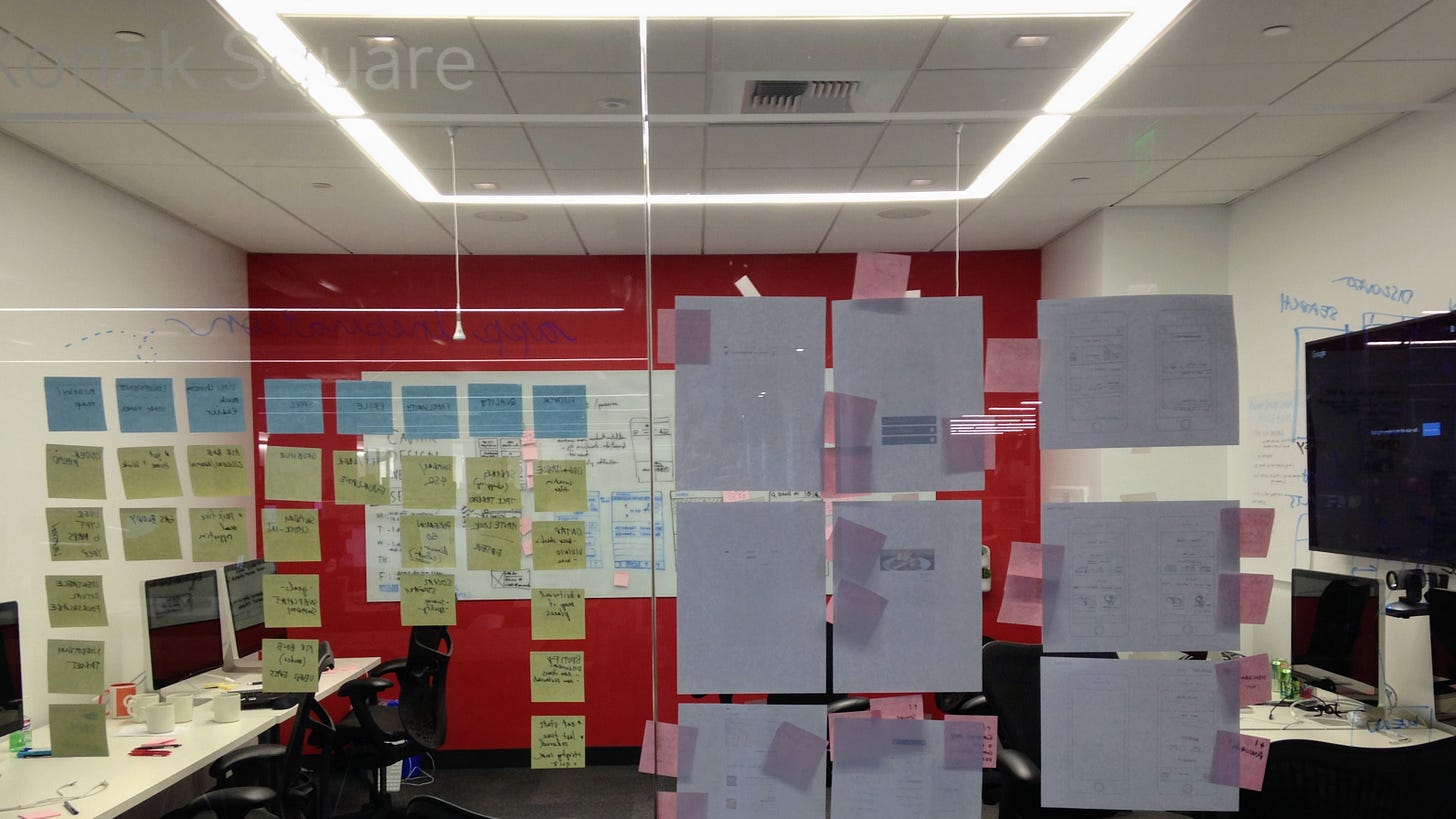What lesson still matters in the AI era?
What I "re-learned" from launching an eCommerce website.
I wrote a blog post about what I learned from launching an eCommerce website at my first job. Back then, I was skeptical about what I had learned in school. Today, in the AI era, I’m even more skeptical about what I’ve learned on the job.
If you wonder how AI is changing the world, Anthropic has just released the first comprehensive analysis of how AI is used in 150+ countries and all 50 US states.
Insights?
Task delegation to AI jumped from 27% to 39% in just 8 months!
Each region adapts AI uniquely, where DC at 4x population share driven by policy/legal makers, Massachusetts dominates life sciences, and Brazil leads language learning at 6x global average.
The future is now.
After my Google internship, I landed at Square1 as a new-grad software engineer. My first project was to rebuild their hardware-selling website from scratch.
Why did we need a new website for selling hardware? Scaling.
In the early days, Square had just one piece of hardware: the Square Reader. A little white plastic device that plugged into a phone’s headphone jack and read the magnetic stripe on a credit card. To seed its payment ecosystem, Square gave it away for free. The first website was a hackathon project built to ship out those free readers.
But when Square started selling more hardware products—terminals, stands, registers—they needed a real eCommerce site with common features such as preorders, payments, returns, and my favorite shopping cart. Those features were hard to build on top of the original site.
So we started over. Instead of using third-party service, we chose to build on Solidus, an open-source eCommerce platform on Ruby on Rails. Our goal was to reduce costs and to keep the flexibility to scale as Square’s business grew.
This project took six engineers and two PMs for six months from prototype to launch. Even with a powerful framework, it was still a lot of work.
(No wonder software engineers were in such high demand. But hey—if you hit the endpoint today, you can still see the website alive.)
My biggest realization at the time was that school hadn’t taught me the practical skills I needed at my first job. I had learned algorithms, data structures, databases, networks, but not “Systems That Can’t Go Down 101”.
In school, if your program ran once in a demo, you got an A. In production, if your code failed once—say, during a real customer’s order—you got a page, woken up at 2am, and the company still lost money.
I was lucky (or unlucky) to learn this lesson early in my career. But I’m not sure if that kind of tactical knowledge—or even the job itself—will be as relevant in the future.
In today’s AI-powered era, with tools like Claude Code, the sheer amount of engineering time required is shrinking fast. A project that once took six engineers six months could probably be done in a month. Also, many technical details will be hidden underneath the “conversation” between engineers and AI in nature languages.
I wonder will future engineers learn less from the work and more from the classroom again?
I rethink it from both sides:
The practical lessons from the job, especially knowledge tied to a particular framework, may not be as relevant.
The theoretical lessons from school are intellectually fun, but they also have to evolve—because AI itself is reshaping what foundations mean. For example, should AI be considered part of programming itself?
If there’s one thing I’ve learned across both worlds, it’s this: the only thing that doesn’t change is the need to keep learning. Or, as Steve Jobs once said:
“Stay hungry. Stay foolish.”
Square changed its name to Block in 2021, signaling its significant expansion beyond the original seller-focused payment business into a broader ecosystem of financial services and technologies, including blockchain.



love the article! please continue we want to read more from you!